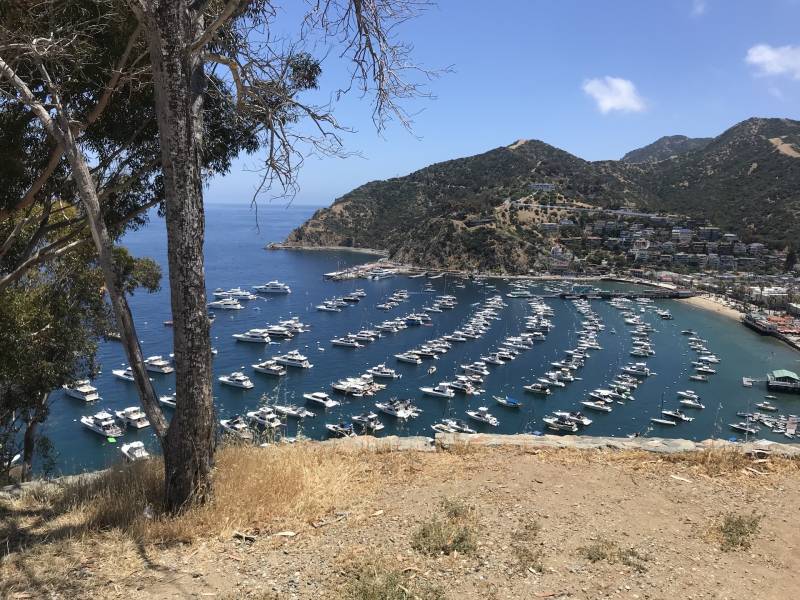In 2020, Ocean Protection Council staff recommended the agency set aside $1 million toward the pilot program to support the network in conducting research, reaching out to tribes and creating plans for the future.
The council voted Thursday to provide an additional $3.6 million, which will support the groups in their continued efforts to monitor coastal and ocean resources, offer educational opportunities to tribal members, and pass along cultural knowledge to younger generations.
Taking inspiration from similar partnerships in Australia and Canada, the groups said they hope other networks bloom across the United States.
Leaders plan to expand the network to include more tribes throughout the state, Rocha said. California has 109 federally recognized tribes, the second highest number in the country behind Alaska. But there are also many tribes that aren’t federally recognized.
Multiple tribal leaders referenced Newsom's public apology in explaining part of why the network's public launch is happening now. In recent years, U.S. officials have committed to collaborating with tribes on managing public lands.
Creating a network of tribes to steward areas with the backing of state government money and nonprofit support breaks new ground in the United States, said Kaitilin Gaffney, director of ocean, coast and fisheries for the nonprofit Resources Legacy Fund.
“I think we’re going to look back in 20 years and be like, ‘Oh, we were there. That was where it was started. Look what’s happened since,’” she said.
Some tribes in California and around the nation have had their rights to ancestral lands restored under the Land Back movement.
About 60 attendees from nonprofit groups, tribal nations and the Ocean Protection Council gathered in Sacramento to commemorate the network’s public launch last week. Leaders thanked experts, advocates, tribal leaders and public officials who made the launch possible.
Valentin Lopez, chair of the Amah Mutsun Tribal Band, which is part of the network, said climate change has forced governments with a history of exploiting Indigenous lands to acknowledge tribes’ deep-rooted knowledge of protecting ecosystems.
“We’re in the crisis mode,” he said.

